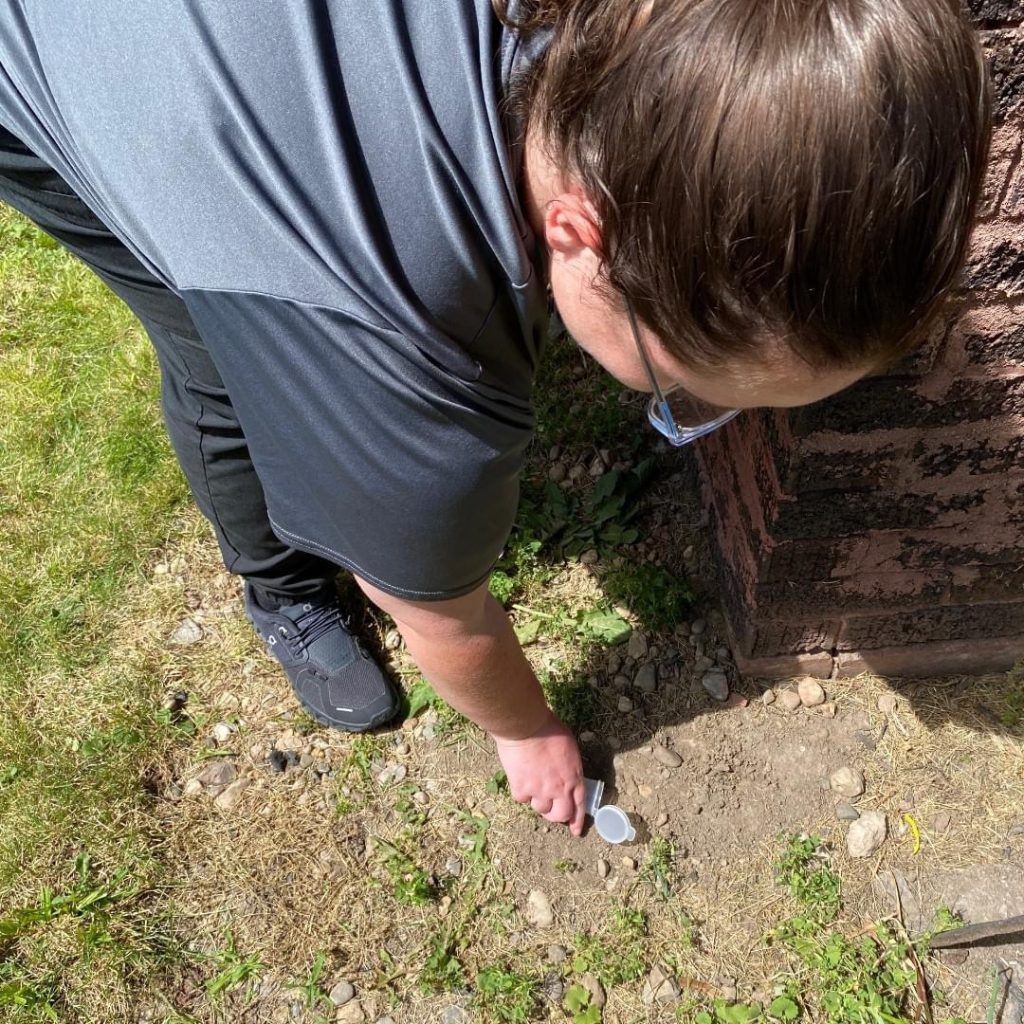
– Photo courtesy of Clinton County, Indiana
The Clinton County Health Department has announced that it is expanding its lead program to better address the possible instances of lead in the county that may cause health issues for residents.
The Clinton County Health Department recently hosted lead risk assessors from the Hamilton County Health Department to help them conduct testing for lead in the county, and the department announced that the county will soon have two employees certified in lead risk assessment for further testing when necessary.
According to the Clinton County Health department, children between the ages of 12 months and 24 months should be tested for exposure to lead in their surroundings with two different blood tests available. Children may be tested by a fingerstick or by having a blood sample drawn from a vein, which is usually located in the arm. If an elevated lead level above 5 is found, a home visit to inspect for lead can be arranged.
According to the Clinton County Health Department, lead may be found in soil, household dust, pottery, toys, cosmetics, herbal or folk remedies, Mexican candy, lead bullets or items from auto repair, mining, pipe-fitting, battery manufacturing, painting, construction and certain other fields.
Lead is a metal that occurs naturally in the earth’s crust, but human activity — mining, burning fossil fuels, and manufacturing — has caused it to become more widespread. Lead was also once used in paint and gasoline and is still used in batteries, solder, pipes, pottery, roofing materials, and some cosmetics. Lead-based paints for homes, children’s toys, and household furniture have been banned in the United States since 1978. But lead-based paint is still on walls and woodwork in many older homes and apartments. Most lead poisoning in children results from eating chips of deteriorating lead-based paint. Lead pipes, brass plumbing fixtures, and copper pipes soldered with lead can release lead particles into tap water. Lead solder in food cans, banned in the United States, is still used in some countries.
Lead poisoning occurs when lead builds up in the body over several months or years, and even a small amount of lead can cause serious health problems, especially in children under the age of six.
For more information regarding prevention strategies, symptoms and more, visit in.gov/localhealth/clintoncounty.
